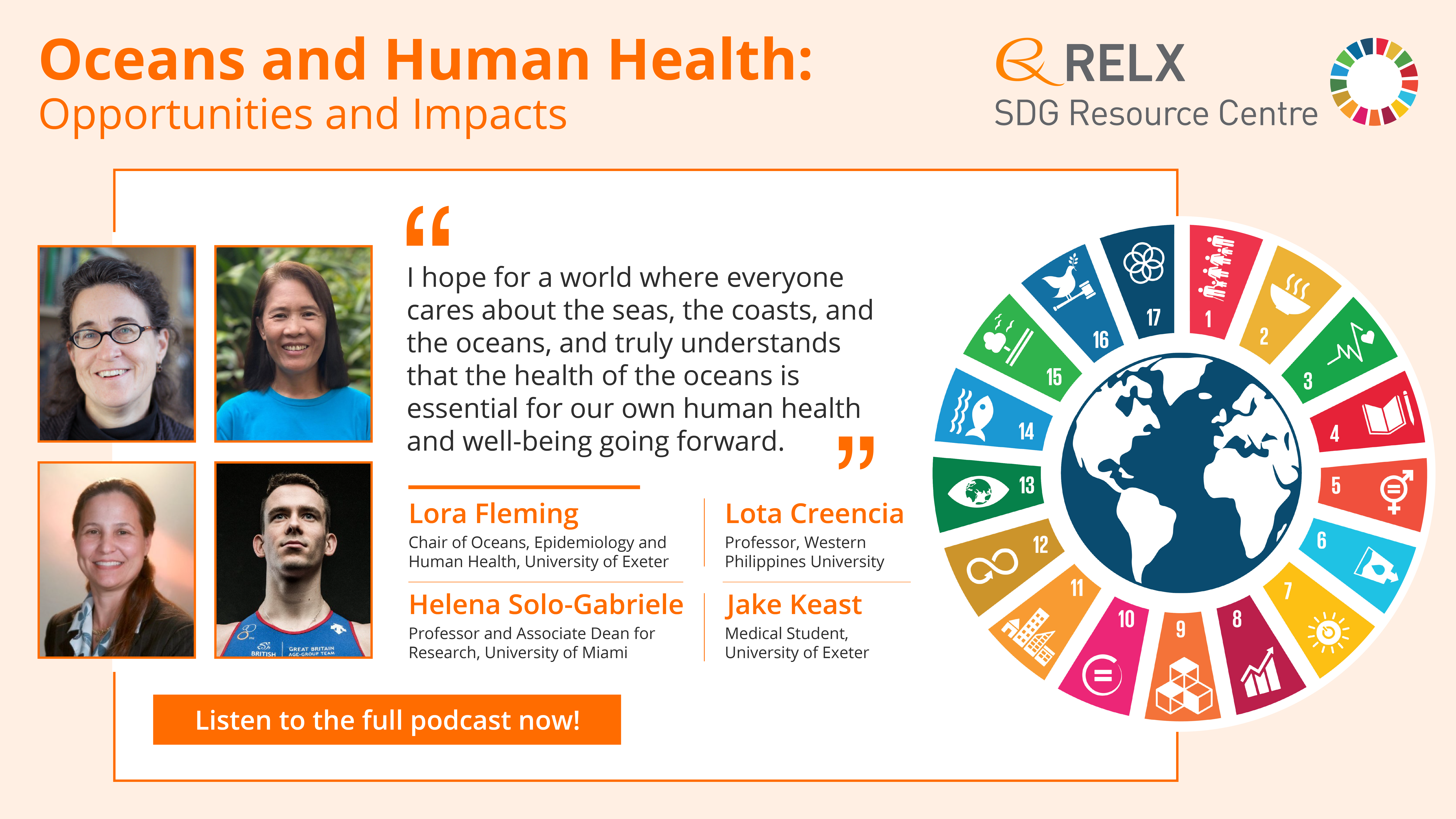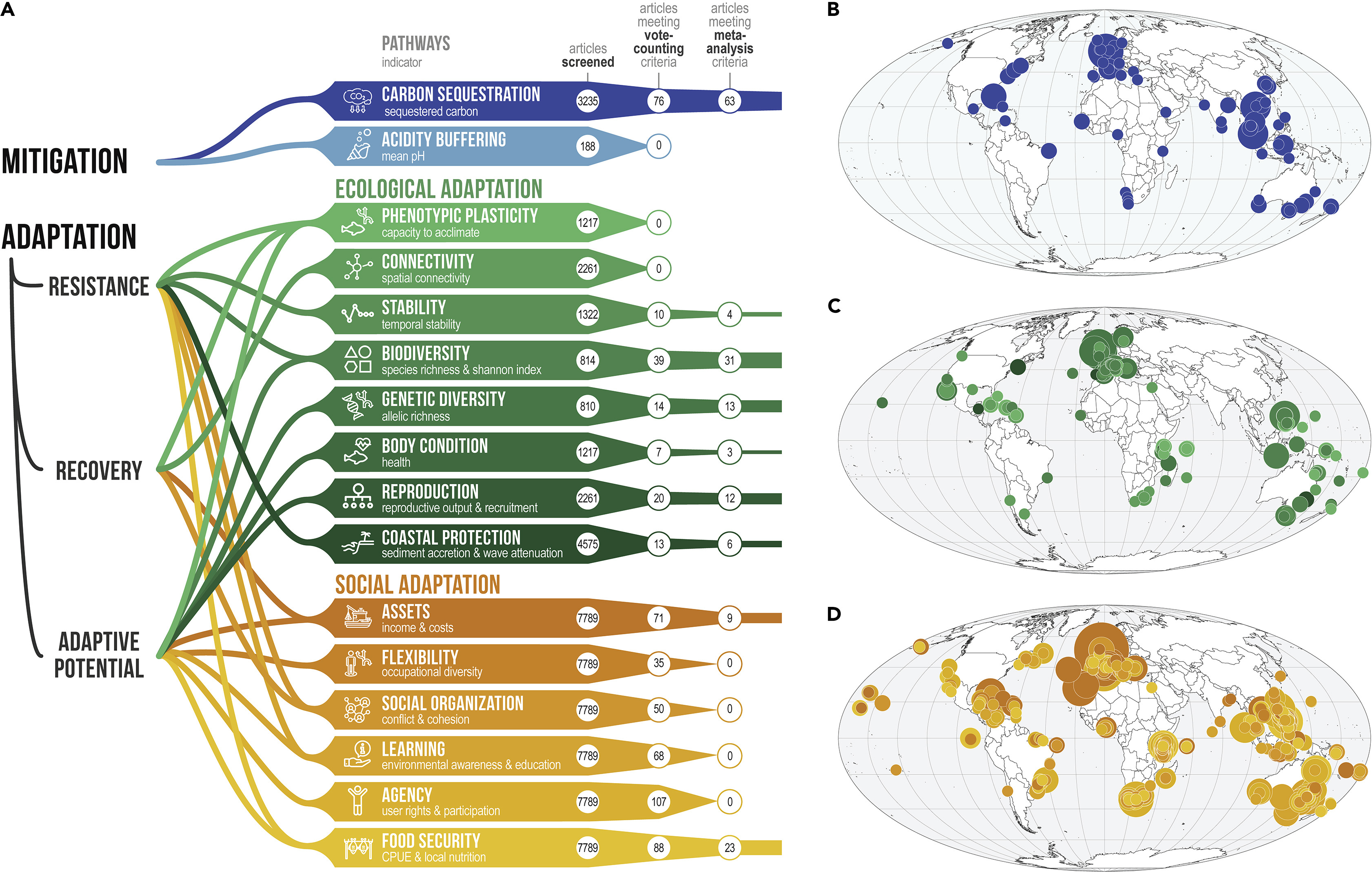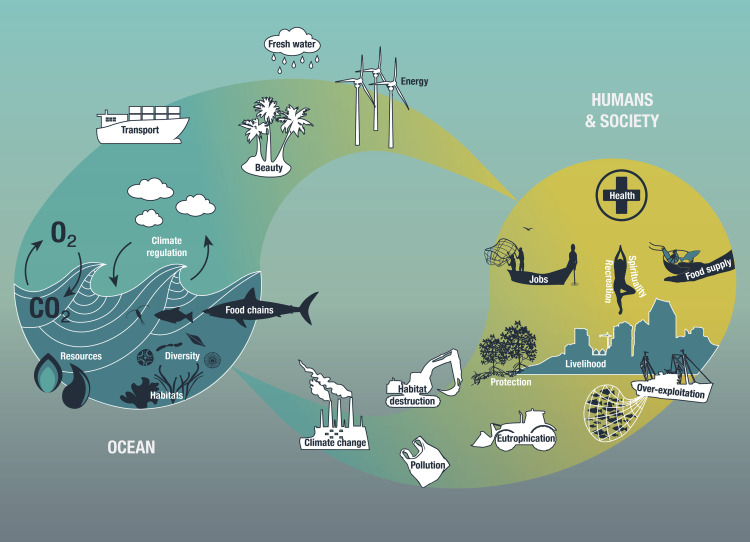Our blue planet, with over 70% of its surface covered by oceans, harbors an invaluable repository of biodiversity, resources, and life. However, the health and vitality of these vast marine expanses have been continually threatened due to various human activities ranging from industrialization, overfishing, pollution to climate change. Ocean conservation, thus, becomes not just an ecological imperative but also a socio-economic one, given the number of communities that rely on the ocean for sustenance, livelihood, and cultural significance. It is in this context that the United Nations' Sustainable Development Goals (SDGs), a set of 17 global objectives targeted to be achieved by 2030, emphasizes the significance of conserving and sustainably using the oceans, seas, and marine resources. Goal 14, specifically titled "Life Below Water", underlines the relationship between ocean conservation and sustainable development.
To appreciate the essence of SDG 14, it is crucial to understand the intricate connection between oceans and human survival. Oceans act as the world's largest carbon sink, absorbing about 30% of the CO2 produced by humans, which mitigates the effects of global warming. Additionally, marine environments produce over half of the world's oxygen and form a critical source of protein for over a billion people. Moreover, oceans play a significant role in global economics, with sectors like fisheries, tourism, and maritime transportation being vital for many countries' GDP.
However, the ongoing threats posed by marine pollution, acidification, habitat destruction, and over-exploitation of marine species risk destabilizing these ecosystem services. A striking example is the Great Pacific Garbage Patch, a massive floating island of plastic waste, spanning three times the size of France. Such pollution not only affects marine life but also enters the human food chain through fish consumption, posing significant health risks.
Recognizing these challenges, SDG 14 aims to prevent and significantly reduce marine pollution, manage and protect marine and coastal ecosystems, regulate fishing to prevent overfishing, and enhance the benefits from sustainable use of marine resources. It also emphasizes increasing scientific knowledge, research, and technology for ocean health. By intertwining ocean conservation with sustainable development, the UN establishes that the fate of oceans is intimately linked with the broader objectives of poverty eradication, hunger alleviation, and ensuring prosperity.
Furthermore, the realization of SDG 14 is interdependent with other SDGs. For instance, addressing climate action (SDG 13) directly influences the health of our oceans by combating ocean acidification and rising sea levels. Similarly, responsible consumption and production (SDG 12) can alleviate the pressures of pollution and over-exploitation on marine environments.
Protecting the ocean has become a major goal of international policy as human activities increasingly endanger the integrity of the ocean ecosystem, often summarized as “ocean health.” By and large, efforts to protect the ocean have failed because, among other things, (1) the underlying socio-ecological pathways have not been properly considered, and (2) the concept of ocean health has been ill defined. Collectively, this prevents an adequate societal response as to how ocean ecosystems and their vital functions for human societies can be protected and restored.
This viewpoint emphasizes gendered perspectives and reflects on gender roles for sustainability-focused governance. It argues that when considering gender in this context, not only equity, or power-plays between genders are at stake; in addition, for effective ocean governance, an irreducible contribution of female voices is necessary. Some key contributions of women in the field of ocean governance-related research are described as examples. If women, for instance, are not included in fisheries management, we miss the complete picture of social-ecological linkages of marine ecosystems.



